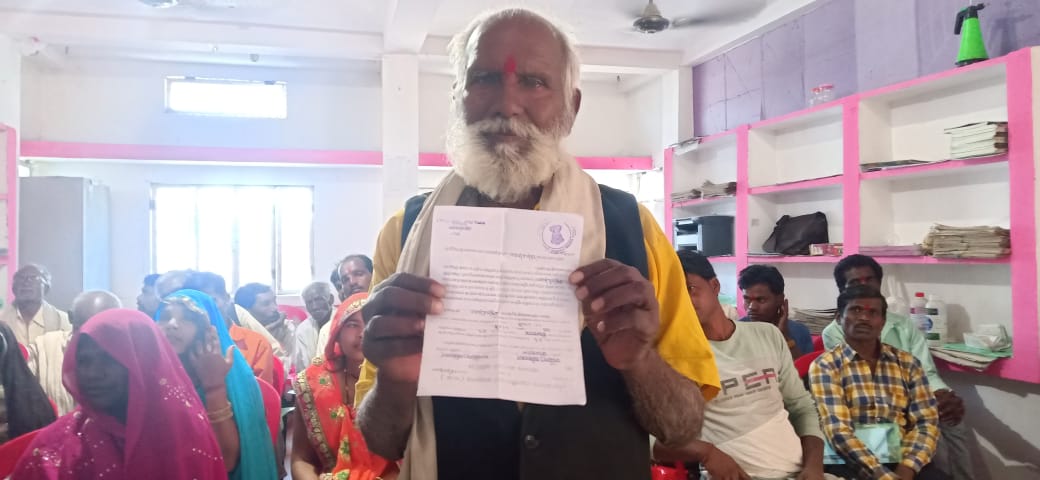
Access to land, tenure security and sustainable use of land are essential to achieve food and nutrition security and Zero Hunger (Sustainable Development Goal 2). We cannot achieve food and nutrition security or even for that matter poverty reduction unless the issues related to access to land, tenure security and sustainable use of land are addressed. South Asian Countries like India are still tackling the issue of inadequate access to land, especially by smallholder farmers who are the main producers of food in the region. To double farm income and production, the smallholders need to have secured access to land.
The information gap on land and land tenure security is huge in the South Asian region. There are still age-old practices of verbal agreement being followed by smallholder farmers because they lack information on land rights. There have been increasing incidences of exploitation and loss of compensation due to lack of documentation, because of which many are not able to access government schemes and entitlements that require formal documents. Moreover, South Asia also sees high number of land grabs, displacements, and resettlements of people due to issues related to land ownership and the lack of it, being aggravated by climate change and disasters. Though there are land policies in place that can ensure protection and assure land tenure security, there is an urgent requirement of getting these policies down to the ground through awareness generation and capacity building.
SAFBIN programme with its overall goal of contributing to SDG2- ending zero hunger is working with 4050 smallholder farmer households in four South Asian countries of Bangladesh, India, Nepal and Pakistan. Through Integrated farming system, climate adaptive practices, multistakeholder partnerships, value chain activities and access to rights and entitlements, SAFBIN has been able to successfully demonstrate that smallholder farmers have high potential to double farm production and income. With better access to land and land tenure security, smallholder farmers can promote sustainable production and income, and ecological conservation. Therefore, it becomes crucial for the farmers to have access to land and tenure security in which protection, documentation, registration, formalisation is granted. The programme has been building capacities of her smallholder farmers to help them access rights and entitlements. Through various trainings, interface meetings and workshops with government officials and experts, farmers are now becoming aware of land related rights and entitlements.
In meetings and workshops facilitated by SAFBIN programme in India, farmers got the opportunities to have interface meetings and interact directly with office bearers, landlords and land experts. In one such workshops, legal experts were brought in to build farmers’ awareness around land rights. 85 farmers registered online to apply for land ‘patta’ or land deed. One farmer, Mr. Prakash from Sagar district of Madhya Pradesh, went on to get a legal affidavit made for his leased land. This crucial step has secured Mr. Prakash’s crops that will protect him of any losses due to crop damage and allow him to access compensation that otherwise would have gone to the land owner. This is a small but critical step for smallholder farmers like him to not only protect their rights but also help them in their capacities to be more resilient to climate change impact and calamities.
There is critical relationship between food and nutritional security and land tenure security, and to address the former, it is important to address the latter as well. Mr. Prakash has now become the first person from his block who did land leasing in the formal way. He has now become an inspiration to many, and more farmers are coming forward to ensure that their rights are being